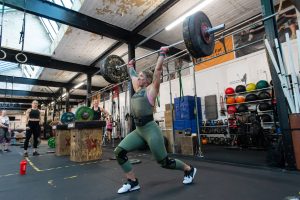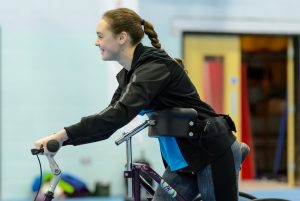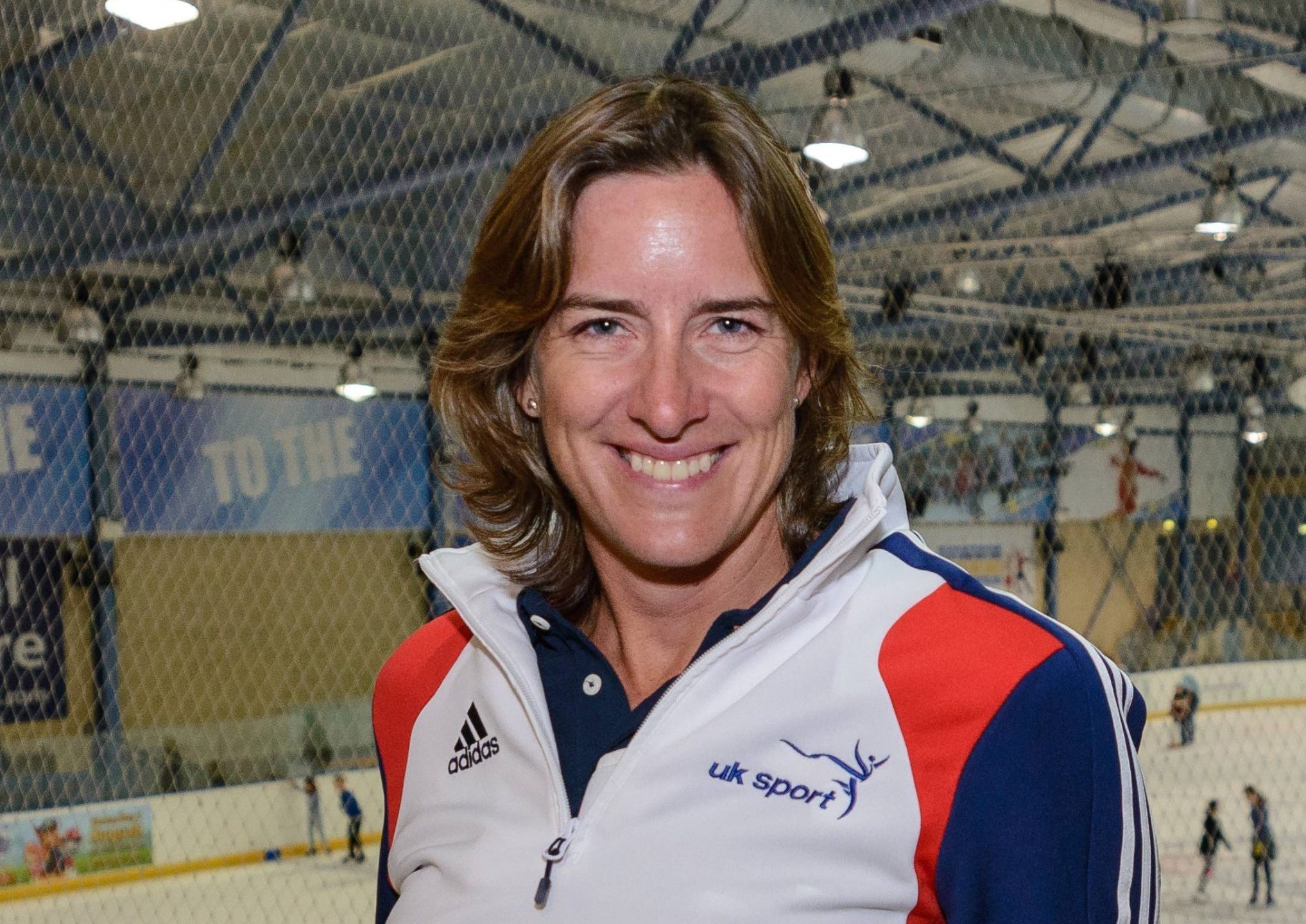For International Women’s Day, we spoke to leading figures within the sports industry and asked them to reflect on Beyond 30%, Women in Sport’s report on workplace culture in sport. Dame Katherine Grainger is the Chair of UK Sport. She was appointed to a four-year term in April 2017. A former rower, Grainger is the first British woman ever to win medals at five successive Olympic Games.
What schemes or programmes are helping to create a pipeline for female leaders?

When I think about my athlete experience one of the massive changes was the introduction of the National Lottery. The funding system that Olympic and Paralympic sport could access was transformative when it came to facilities, coaches, sports science and medicine, and crucially the funding decisions were gender blind. Before that, in rowing, athletes relied on trying to have jobs alongside their training, or overdrafts, loans or individual sponsors. Sponsorship naturally was focused on the successful athletes and also those who would be able to attract more media coverage. The media gave very little room to female sports and athletes and so sponsorship was challenging. When the money came from the National Lottery it went to athletes and sports where potential success could be evidenced and on the women’s side of rowing it was the first time we could have long‐term strategies with paid coaches that were employed to help build the system. That made quite a big difference in feeling like there was equality.
When you watch those events [in the Paralympics and Olympics] you don’t watch a women’s event or a men’s event, you watch sport, which is a really positive thing. The fact that at London 2012 every nation sent a female representative for the first time and every sport had female representation was an important breakthrough, globally. That sends an important message that this is what the future is going to be. The IOC have stated the aim of gender balance and, for the first time ever, the Commonwealth Games achieved an equal number of women’s and men’s medal events in 2018 at the Gold Coast.
It’s also important that women are represented not just on the field of play but at every level of sport. I’m lucky that [at UK Sport] I walked into an organisation where the Chief Executive is a woman, three of the four Directors are women, the Board has a complete gender mix and it never felt like there were any barriers in any way.
One of our previous Chairs was Baroness Sue Campbell, an amazing leader and an outspoken and influential woman respected throughout sport. That visible leader and role model is really powerful to follow. It could never now be questioned whether or not a female could come and fill this role.
We still have a challenge that there aren’t enough female coaches in high‐performance sport, and that’s not only I the UK. At UK Sport there are a number of programmes to provide opportunities for men and women within sport. There’s an athlete to coach programme and a future leaders programme aimed to develop people through learning, coaching and experience, and it’s important to everyone that women are encouraged to see themselves in leadership roles. There are really influential decision makers in every sport that will help create change. We’re at the stage where we have a majority of men in head coach roles, performance director positions, chief executives and chairs. There definitely more of a mix than there’s been before but there’s still work that can be done there. Part of that is understanding what the barriers or perceived barriers might be and tackling those.
How difficult is it to have a winning culture that is also positive?
I was at an event recently with some of the leaders in sport and there was a discussion about whether or not there is a conflict between welfare and high performance. I found it interesting that people can see it as a conflict. Instinctively I feel welfare and performance should be able to go together, and, if done well, the performance is better because people are cared for and supported. That doesn’t apply to sport alone, that’s across many different sectors in society. High performance sport is a naturally competitive world with high tension, high emotion, high levels of exhaustion but that doesn’t mean it can’t still be a supportive compassionate environment. We can acknowledge that this is a tough competitive world, but it should still feel safe. You should be able to take risks, show vulnerability and be honest. Support should go hand in hand with being very driven and aiming for the top. It’s a smarter way to be more ambitious.
Do you feel like your elite sports experience gave you an advantage in the business side of sport?

Often when you’re applying for a role you will find that you won’t necessarily meet every bit of the criteria in the job description and you won’t necessarily have every bit of experience they’re looking for. So when I applied for the UK Sport role I hadn’t chaired an organisation like this. I’d sat at on boards for charities but I hadn’t done anything as big as this role. But what I did have was an academic background and a first‐hand long‐ time experience of high‐performance sport. That gave me the confidence to apply knowing that I would bring something to the role and I had a ferocious desire to develop in all the areas that I needed to, and I would have the chance to learn from the fantastic staff at UK Sport. It was a great challenge to take on and one I was passionate about getting right. That might have helped me if I was up against people who were more experienced than me in other ways. I don’t know if someone would feel like they did miss out because they didn’t have sporting experience. Realistically, there might always be knowledge or experience gaps in any role you are aiming for and it is how you fill those gaps that is crucial.
Do you think we should go beyond the 30% gender diversity quota?
One of the things I love about sport and one of the reasons I stayed in sport after I stopped being an international athlete is that sport has an incredible ability to raise its own bar and constantly look for new ways of doing things. You’re always seeing people achieve things that were never deemed possible. So, I feel like whatever standard we aim for, the exciting thing about the mentality of sport is that we will keep moving it up and aiming for new heights.



